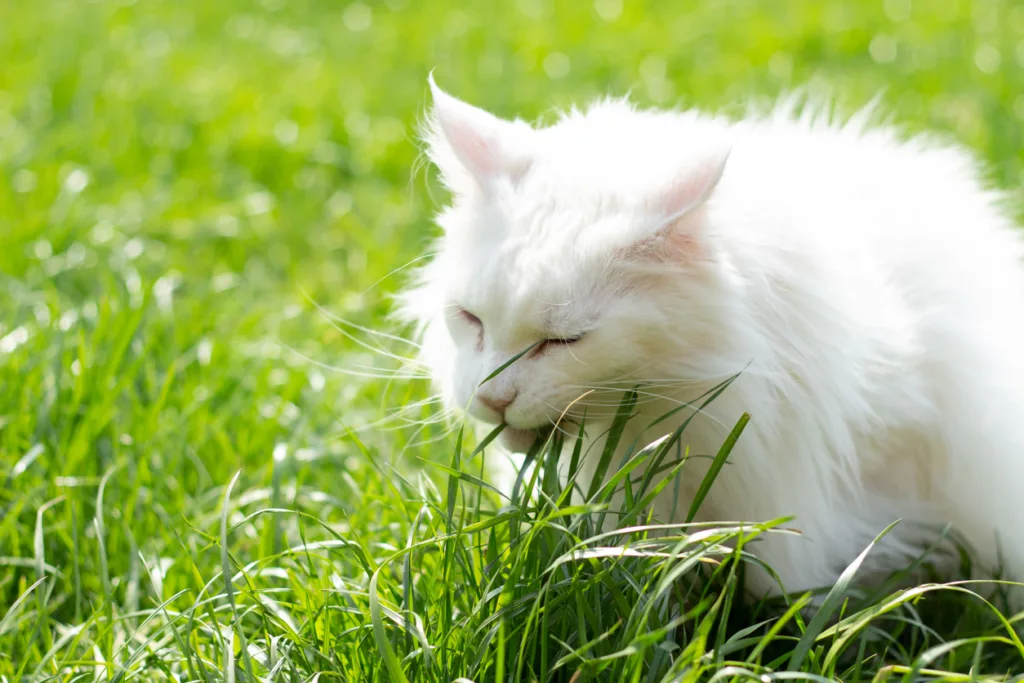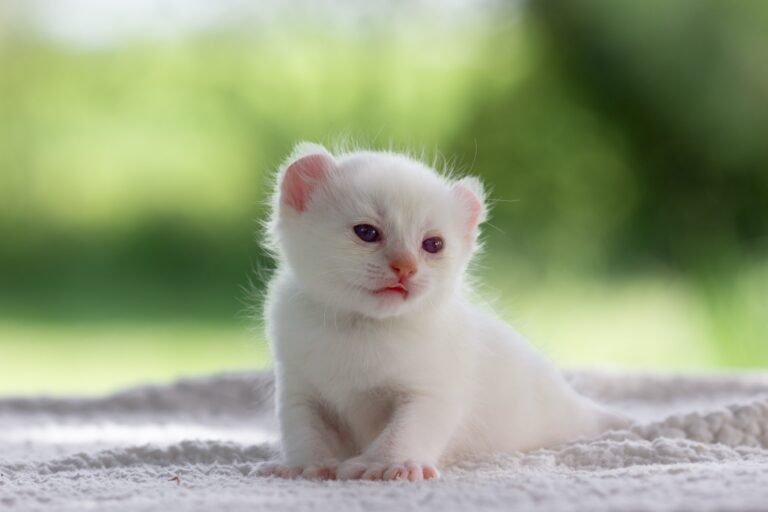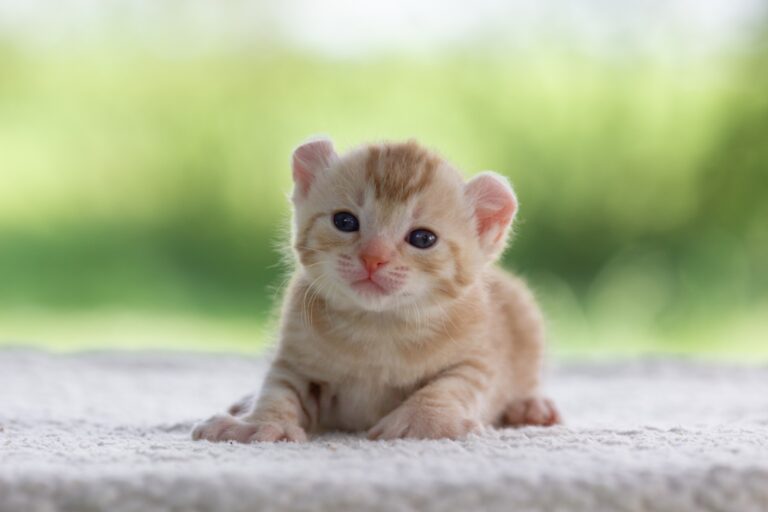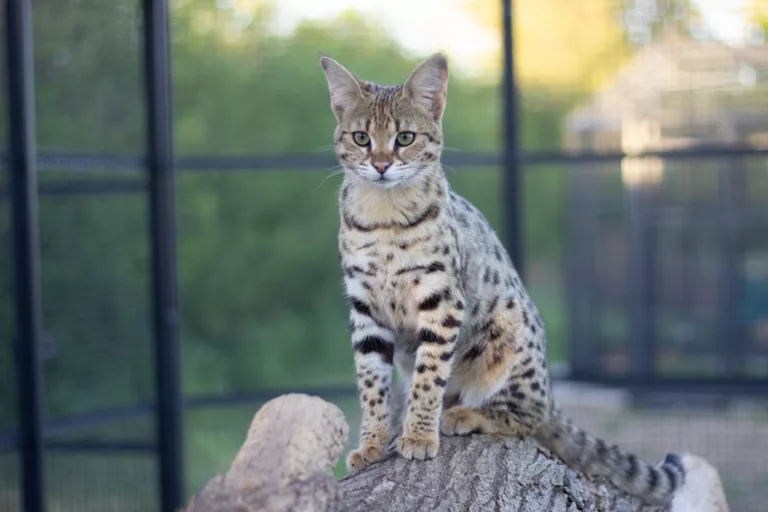The Maine Coons, famous for their imposing size, remarkable strength, and incredibly playful nature, embody a unique breed that requires special attention to their diet. Deciphering the importance of a perfectly balanced diet for these felines has a profound impact on their overall health and well-being, and this realization is even more crucial for those seeking to ensure "Maine Coon Nutrition for Perfect Health." This attentive approach paves the way for a fulfilling, active, and extended existence for our precious four-legged companions.
Understanding the Dietary Needs of Maine Coons Maine Coons
Like other cats, are obligate carnivores. Therefore, they require a diet rich in animal proteins to thrive. Being large in size and naturally active, their diet must contain high-quality proteins to maintain and develop their musculature (Cornell University, 2022). Additionally, they require a balanced intake of vital vitamins, minerals, and fatty acids to preserve their overall well-being.
By ensuring proper portions, you effectively prevent obesity. This condition can have serious consequences such as diabetes, heart conditions, and joint problems.
Choosing the Right Diet for Your Maine Coon
The pet food market offers a variety of options, including dry kibble, wet canned food, and even raw or homemade diets. When making a decision about the ideal diet for your cat, it's imperative to pay close attention to the quality and composition of the ingredients. Opting for foods that incorporate high-quality meat sources, easily identifiable as primary ingredients, generally emerges as the best choice (ASPCA, 2022). Embracing this informed and proactive approach represents a significant step toward ensuring a "Maine Coon Nutrition for Perfect Health," thereby laying solid foundations for the optimal well-being of your precious feline companion.
Dry or Wet Food?
Regarding the diet of your Maine Coon, both dry and wet foods have their advantages and disadvantages. Understanding these differences can help you make an informed decision that suits both your cat's needs and your lifestyle.
Dry Food:
Advantages:
Convenience: Dry foods are easy to serve, store, and can be left out without spoiling. This makes them a practical option for pet owners who are away for extended periods.
Dental Health: Some veterinarians suggest that the crunchy texture of dry food can help keep your cat's teeth clean by reducing plaque buildup.
Cost-effectiveness: Dry foods are generally more affordable and have a longer shelf life compared to wet foods, making them a popular choice for owners of large breeds like Maine Coons.
Disadvantages:
Hydration: Dry foods contain very little moisture. Cats often don't drink enough water on their own, so an exclusively dry diet can contribute to dehydration.
Carbohydrate Richness: Dry foods often contain higher levels of carbohydrates and plant-based proteins than wet foods. This can potentially contribute to weight gain and other health issues such as diabetes.
Wet Food:
Advantages:
Hydration: Wet foods have a high water content, which can help maintain good hydration in your Maine Coon. This is particularly beneficial for cats that don't drink enough water independently.
High Protein Content: Wet foods are generally rich in animal proteins and low in carbohydrates. This more closely mimics a cat's natural diet and can help support lean muscle mass in active large breeds like Maine Coons.
Palatability: Many cats find wet foods more appetizing than dry foods, making them a good option for picky eaters.
Disadvantages:
Storage and Serving: Wet foods can spoil quickly once opened, so they need to be served fresh and leftovers need to be discarded, leading to more waste.
Dental Health: Wet foods don't provide the abrasive action of dry foods, so they might be less effective for dental health.
Cost: Wet foods are usually more expensive than dry foods, which might be a consideration for owners of large cats like Maine Coons.
In conclusion, a combination of wet and dry foods can be beneficial for Maine Coons.
Wet foods, on one hand, can ensure proper hydration and provide essential animal proteins. On the other hand, dry foods can promote dental health while offering an economical and convenient feeding option. It's crucial to remember that each cat is unique. Therefore, regular monitoring of your cat's health and consulting with a veterinarian are necessary to develop an optimal dietary plan tailored to your Maine Coon.
Feeding Guidelines and Meal Routine:
Given that Maine Coons have a slower metabolism than smaller cats, it's important to note that they are prone to weight gain if overfed. To prevent this, portion management and a regular meal routine are essential. As a general rule, adult Maine Coons should be fed twice a day. However, it's crucial to specify that exact feeding guidelines should be adjusted based on your cat's specific age, weight, and activity level.
To assess the body condition of your pets, you can refer to this video: cette vidéo :
Vitamin and Mineral Deficiencies:
Proper nutrition is essential to maintaining the overall health of your Maine Coon. Certain vitamins and minerals are crucial for various physiological functions, and their deficiency can lead to health problems.
Here are some key nutrients and the problems associated with their deficiency:
Taurine
This amino acid is essential for cats and must be present in their diet. A deficiency can lead to serious health issues such as dilated cardiomyopathy (a form of heart disease), retinal degeneration leading to blindness, and reproductive problems. Symptoms may include difficulty breathing, lethargy, loss of appetite, and impaired vision.
Vitamin A
Since cats cannot convert plant-based beta-carotene into vitamin A, it's imperative to provide it in their diet as retinol. A deficiency in vitamin A can lead to various problems, such as skin issues, night blindness, and growth delays. Signs to watch for include dull and rough coat, dry and inflamed skin, as well as behavioral changes or alterations in eating habits.
Vitamin D
Unlike humans, cats cannot synthesize sufficient vitamin D from sunlight, so it must be provided through their diet. A deficiency can result in rickets in kittens and osteomalacia in adult cats, both characterized by weakened and deformed bones. Signs of deficiency may include limping, difficulty moving, and decreased appetite.
Calcium and Phosphorus
These minerals are essential for bone health. Imbalances or deficiencies can lead to bone deformities and growth problems, especially in kittens. Lethargy, decreased appetite, and changes in bone structure can be signs of deficiency.
If you notice any of these symptoms or suspect nutrient deficiencies, it's important to consult a veterinarian promptly. Generally, it's not recommended to supplement these nutrients without veterinary advice, as excessive consumption can also cause health issues. Feeding a balanced and high-quality commercial cat food that meets the standards set by the Association of American Feed Control Officials (AAFCO) is usually sufficient to provide all the nutrients your Maine Coon needs.
Hydration and Water Consumption:
Adequate hydration is essential for the health of your Maine Coon. Make sure to always provide fresh and clean water in sufficient quantities for them to drink. Cat water fountains can encourage consumption by stimulating your cat's natural desire for flowing water.
Foods to Avoid:
There are certain foods you should avoid giving to your Maine Coon. Some are potentially harmful, while others can be outright toxic. Here are a few examples:
- Chocolate: Contains theobromine and caffeine, both of which are toxic to cats.
- Onions and Garlic: Even in small amounts, they can cause gastrointestinal issues and damage red blood cells in cats.
- Grapes and Raisins: They can cause kidney failure in some cats.
- Alcohol: Even small amounts of alcohol can cause significant damage.
- Xylitol: Avoid using xylitol, as this artificial sweetener can lead to liver failure in cats.
- Raw Yeast Dough: Raw yeast dough can expand in the cat's stomach, causing pain and risking rupture.
- Caffeine: Caffeine is lethally dangerous for cats, and there's no antidote if ingested.
Always check with your veterinarian if you have doubts about giving your Maine Coon food intended for human consumption.
Nutritional Supplements and Treats:
Some Maine Coons may benefit from nutritional supplements in their diet. Omega-3 fatty acids, for example, promote skin and coat health. Additionally, supplements aimed at supporting joints, such as glucosamine and chondroitin, can be beneficial, especially given this breed's predisposition to hip dysplasia. However, it's important to carefully choose treats that complement the main diet and prevent excessive calorie consumption. By planning ahead and making discerning choices, you establish a "Maine Coon Nutrition for Perfect Health" that also includes targeted supplements, thereby ensuring your faithful companion's optimal well-being.
Monitoring and Adjusting Diet:
Monitoring your Maine Coon's body condition and weight is of paramount importance. Overfeeding can lead to obesity, while underfeeding can result in malnutrition. By frequently assessing your Maine Coon's body condition and adjusting their diet accordingly, you significantly contribute to maintaining optimal health.
Moreover, weight fluctuations can signal underlying health issues. If your cat is rapidly losing or gaining weight unexpectedly, it's imperative to seek veterinary advice immediately. This is why regular veterinary visits are essential to assessing your cat's overall health and nutritional status, placing prevention and well-being at the core of their care.
Conclusion
Providing a balanced and nutritious diet to your Maine Coon greatly contributes to their overall well-being and longevity. It's imperative to understand your cat's unique dietary needs, choose high-quality foods, and establish a consistent feeding routine. Additionally, ensuring proper hydration, avoiding toxic foods, and regularly monitoring and making necessary adjustments in the diet are crucial for maintaining your cat's health.
Keep in mind that each Maine Coon is distinct, and their nutritional needs may fluctuate based on factors such as age, weight, activity level, and health status. Therefore, seeking the advice of a veterinarian to develop a personalized dietary plan for your Maine Coon is always recommended.
In conclusion, a well-fed Maine Coon is a happy, active, and healthy Maine Coon. By investing time and effort into understanding and meeting their nutritional needs, you contribute to a better quality of life for your feline companion.
Voici quelques ressources supplémentaires sur la nutrition des animaux de compagnie :
Here are some additional resources on pet nutrition: World Small Animal Veterinary Association (WSAVA): This association provides various resources and guidelines regarding pet nutrition. For more in-depth information about cat nutrition, including specific resources dedicated to Maine Coons, feel free to visit their website:
Global Nutrition Toolkit: https://wsava.org/wp-content/uploads/2020/05/WSAVA-Global-Nutrition-Toolkit-French.pdf
Frequently Asked Questions and Myths: https://wsava.org/wp-content/uploads/2020/01/Frequently-Asked-Questions-and-Myths.pdf
EU Nutrition Label: https://wsava.org/wp-content/uploads/2020/01/Nutrition-Label-EU-16_9.pdf
Selecting a Pet Food (Updated 2021): https://wsava.org/wp-content/uploads/2021/04/Selecting-a-pet-food-for-your-pet-updated-2021_WSAVA-Global-Nutrition-Toolkit.pdf
Remember to regularly consult your veterinarian for health exams and advice specific to your Maine Coon. Your veterinarian can recommend specific food brands, adjust portions, and provide guidance tailored to your cat's individual needs.
Caring for your Maine Coon's nutrition is a crucial step in ensuring their health and well-being. With a balanced diet, proper hydration, and regular monitoring, you can offer your Maine Coon a long, active, and fulfilling life.
Discover How to Ensure the Health and Well-Being of Your Maine Coon



